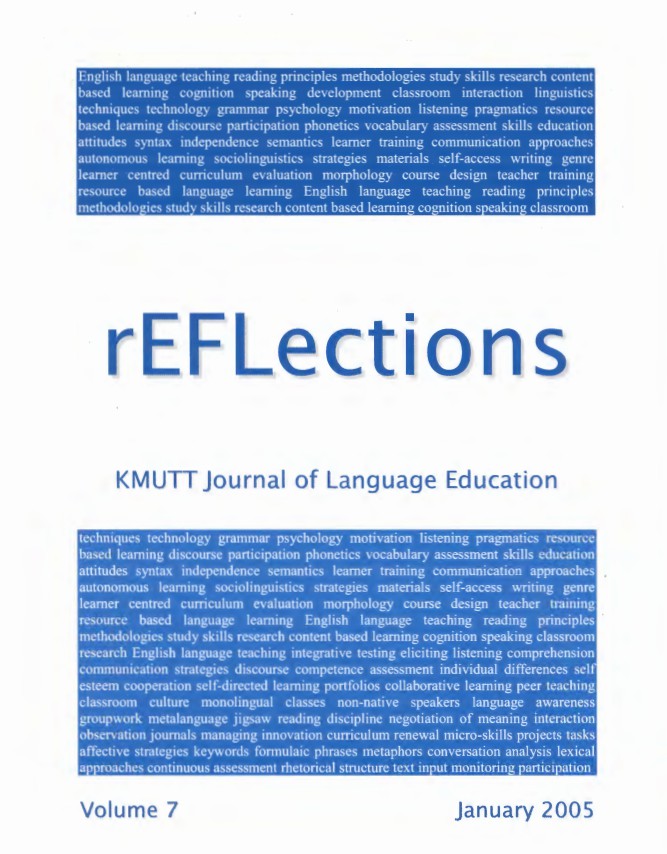Examining the ‘self’ in self-access materials
Main Article Content
Abstract
Self-access centres (SACs*) are an increasingly common form of support for language learners. Self-access learning, by its nature, is heavily dependent on the availability of sufficient and relevant materials of a high quality, since students often have little or no access to further support from a teacher. The materials thus have to be very clear, comprehensive, and easy to use. Although more and more publishers now include comments such as ‘suitable for self-access’ in their catalogues, it is not always clear on what basis such comments are made. The majority of purchasing decisions are made by SAC staff without even such basic comments. This article presents the results of an evaluation of a random selection of materials in the SAC at the University of Auckland in New Zealand, using an evaluative checklist developed by the authors. Results from a quantitative analysis show that many materials do not include the types of support needed in a self-access context. Results from a qualitative analysis of the evaluators’ comments show that the features most commented on by teachers (either for their absence or their presence) are ease of access and support for the wider development of students’ language learning strategies.


